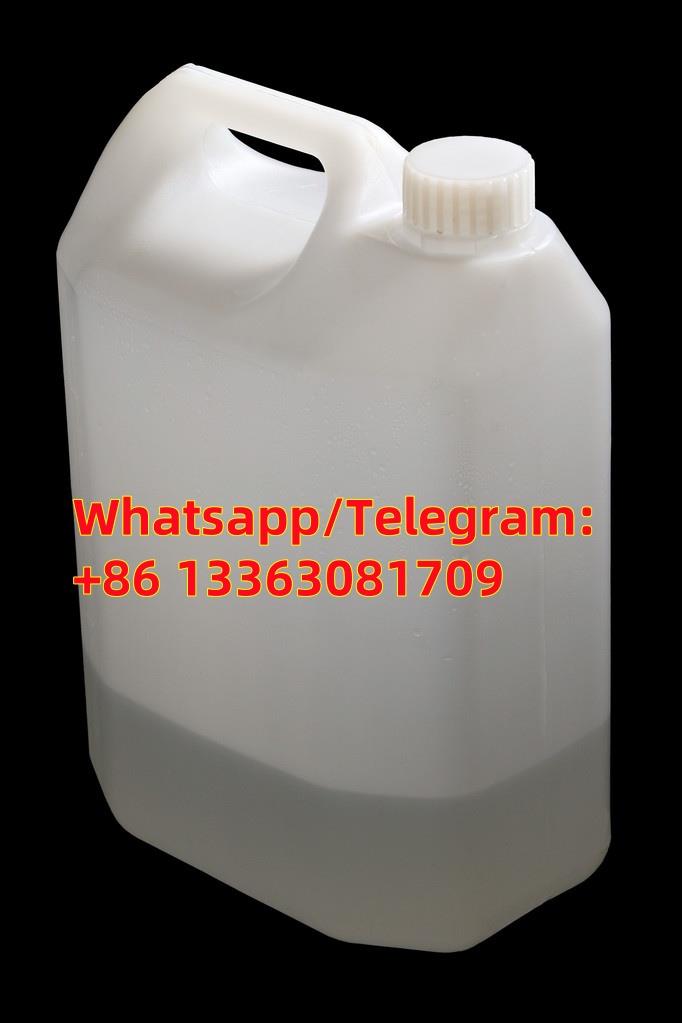Tradename: L-Carnitine
Compound: each 5 ml ampoule contains: L-carnitine 1 g
Properties: The main function of L-carnitine is energy production. By transporting fatty acids into the mitochondria, it promotes their oxidation to acetyl-CoA and conversion to ATP. Carnitine has an antihypoxic and anabolic effect. Stimulates tissue regeneration, increases the intensity of lipid metabolism, improves the metabolism of coenzyme A and, by mobilizing fat depot, inhibits the consumption of proteins and carbohydrates. Another useful property of the compound is the stimulation of enzymatic activity in the gastrointestinal tract, which increases appetite and normalizes digestion. It slows down the formation of lactic acid during physical exertion, improves the delivery of nutrients to nerve fibers and accelerates the burning of fat deposits between muscles.
Indications: Primary carnitine deficiency myopathy of skeletal and cardiac muscles, hepatic encephalopathy. Secondary carnitine deficiency due to genetic disorders, aciduria and beta-oxidation disorders. Secondary carnitine deficiency due to acquired conditions Hemodialysis and renal Fanconi syndrome, anticonvulsants, sodium valproate, pivampicillin therapy. L-carnitine has a cardioprotective effect during anticancer therapy. Myocardial infarction: L-carnitine reduces the size of a heart attack. Infants with low birth weight. Term infants receiving soy-based formula. Improved athletic performance in healthy individuals. Long standing ulcers on the legs. Idiopathic asthenozoospermia. Hemolytic anemia (thalassemia and sickle cell anemia).
Dosage and administration: Children 50 to 100 mg/kg body weight, maximum dose up to 3 g/day. The injection is administered intravenously. The recommended dose is 50 mg/kg as a 2-3 minute slow bolus injection or infusion. Often, patients with a severe metabolic crisis are given a loading dose followed by an equivalent dose over the next 24 hours. It should be injected every 3 hours or every 3 hours. and in no case less frequently than every 6 hours, by infusion or intravenous injection. It is recommended that all subsequent daily doses be in the 50 mg/kg range or as needed. The maximum administered dose was 300 mg/kg.
Contraindications: Not
Precautionary measures: There are no adequate and well-controlled studies in pregnant or lactating women. Before taking L-carnitine, the patient should consult a doctor.
Side effects: MEPACO L-carnitine has no serious side effects. Rarely, oral L-carnitine in high doses causes nausea and diarrhea, especially at the beginning of administration. In this condition, it is desirable to continue treatment, and the symptoms will gradually disappear. Transient nausea and vomiting were observed. Less frequent adverse reactions are body odor, nausea and gastritis.
Storage method: Store at a temperature not exceeding 30 degrees.
Package: The cardboard box contains a box of 5 ampoules.

